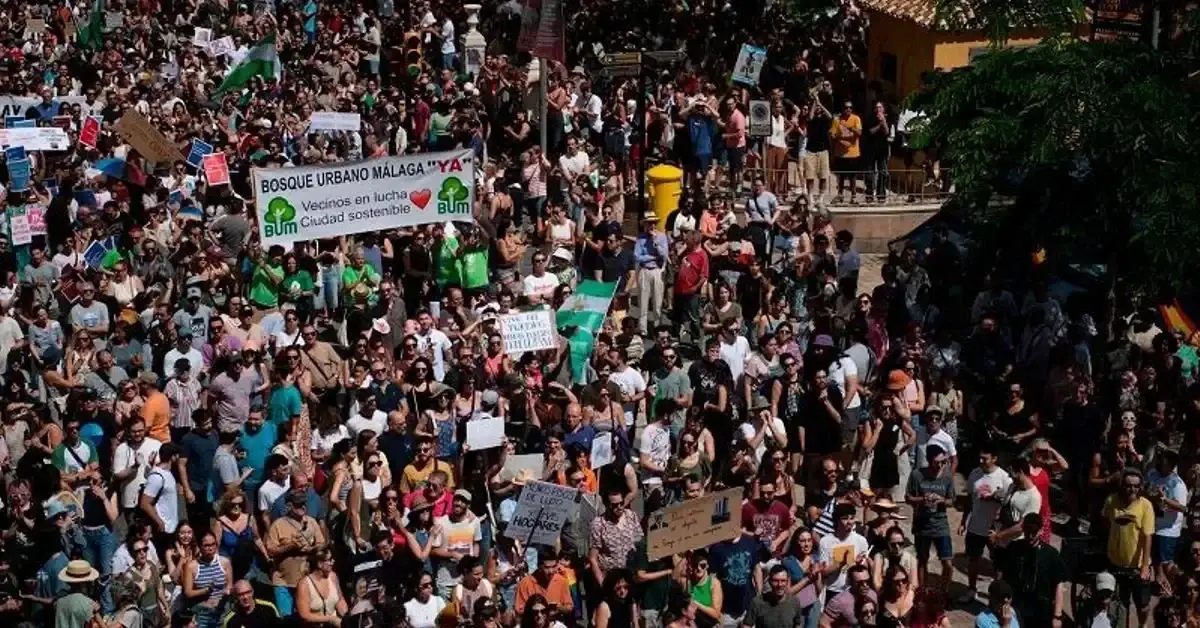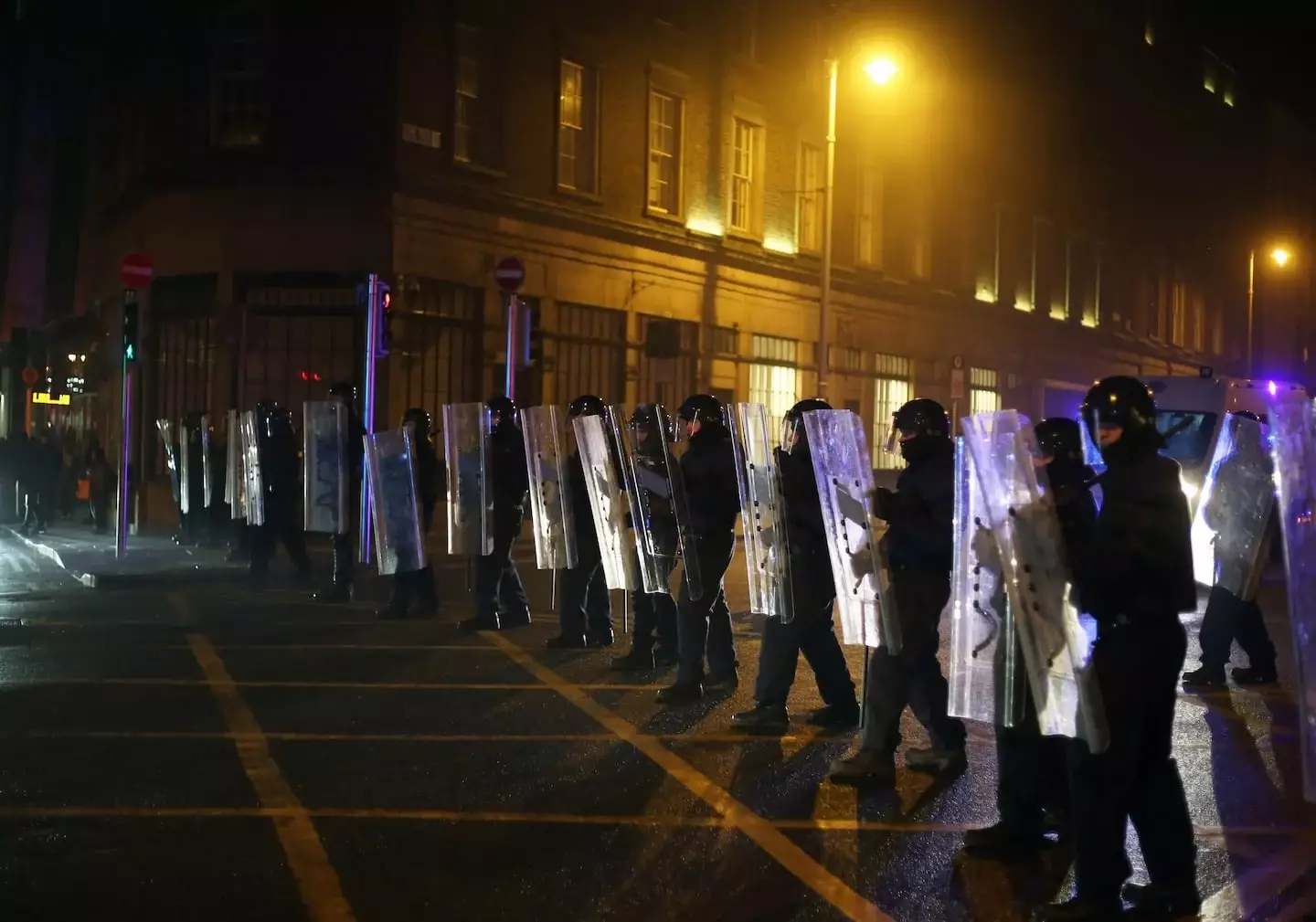Spain, a favourite destination for millions of Irish and British tourists each year, is currently experiencing a wave of anti-tourism protests that have left some holidaymakers feeling uneasy and unwelcome. The demonstrations, which began earlier this year in the Canary Islands, have now spread to other popular destinations including Barcelona, Mallorca, Malaga, Seville, and San Sebastian.
The protests are being driven by growing frustration among local residents who say that mass tourism is making life increasingly difficult. Many blame the rise of short-term holiday rentals, such as those listed on Airbnb, for pushing up housing costs and pricing locals out of their own neighbourhoods. In response, the Spanish government has ordered Airbnb to remove 65,000 unregistered listings in an effort to curb the problem.
In the Canary Islands, where around one million tourists arrive each month—almost half the population of the region—thousands of residents took to the streets in April. Some even went on hunger strike in Tenerife to protest against two major tourism development projects. Demonstrators carried signs reading “Tourists go home” and “We are in danger,” expressing fears that their communities are being overwhelmed.
The protests have continued throughout the year and are expected to intensify during the summer months. In Barcelona, activists have used water pistols to spray tourists dining in popular areas such as Las Ramblas. In some cases, symbolic barriers were placed in front of restaurants to highlight how public spaces are being taken over by tourism. Protesters have also been seen confronting tourists directly, leading to tense exchanges.
In San Sebastian, a civic group called Bizilagunekin has organised a series of events under the banner “October against touristification.” The group argues that the city’s services are increasingly being tailored to short-term visitors rather than long-term residents. One organiser, Asier Basurto, warned that the city risks becoming a “soulless theme park” if current trends continue. He added that the tourism industry often creates low-paid, insecure jobs and contributes to the displacement of local communities.
The Southern European Network Against Touristification, a coalition of activist groups, is planning further demonstrations across Spain this summer. These include protest marches, picket lines at airports, blockades of tourist buses, and occupations of popular tourist sites. Cities such as Barcelona, Ibiza, the Canary Islands, and San Sebastian are expected to be key locations for these actions.
While the protests have largely been peaceful, they have caused concern among some tourists. Several Irish holidaymakers have reported feeling unsafe or unwelcome, with some choosing to stay inside their hotels to avoid the demonstrations. One tourist described the atmosphere as “tense” and said they felt like “outsiders” in a place they had visited many times before.
Despite the unrest, the UK Foreign Office and Irish Department of Foreign Affairs have not issued any specific travel warnings related to the protests. However, they advise travellers to stay informed, avoid large gatherings, and respect local communities.
Tourism is a vital part of Spain’s economy, contributing around 12% to the country’s GDP. In 2024, Spain welcomed over 90 million foreign visitors, and that number is expected to rise to 115 million by 2040. Yet many Spaniards feel that the current model of tourism is unsustainable and benefits only a small segment of society.
The protests reflect a broader debate taking place across Europe about the impact of mass tourism on local communities. As cities struggle to balance economic benefits with quality of life for residents, the situation in Spain may serve as a warning for other popular destinations.





